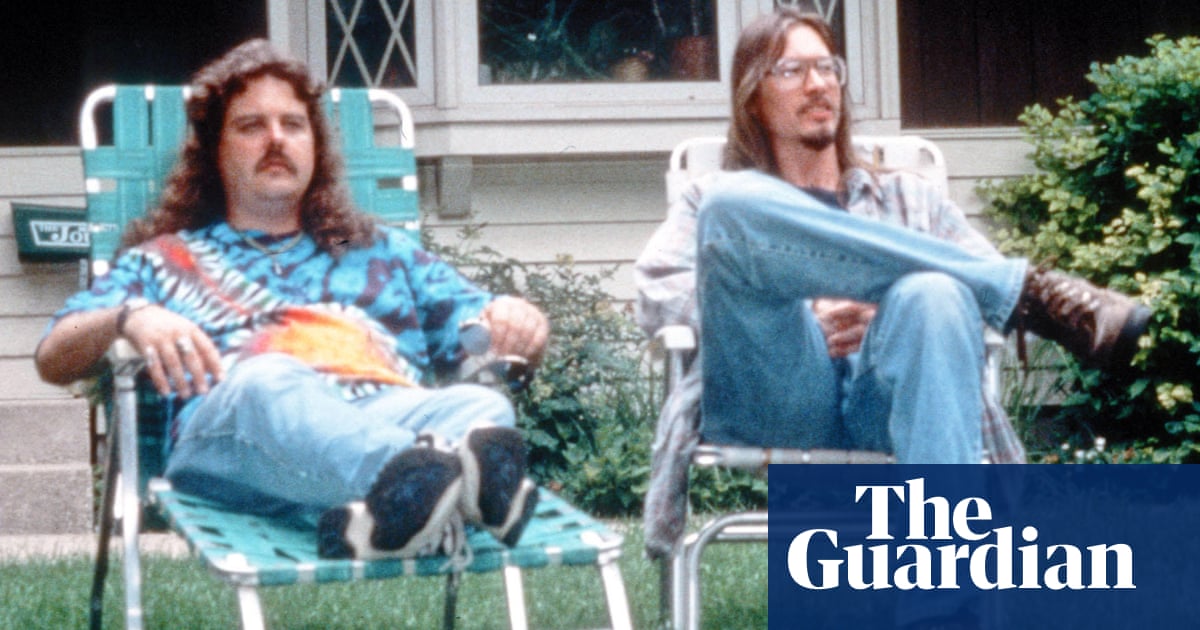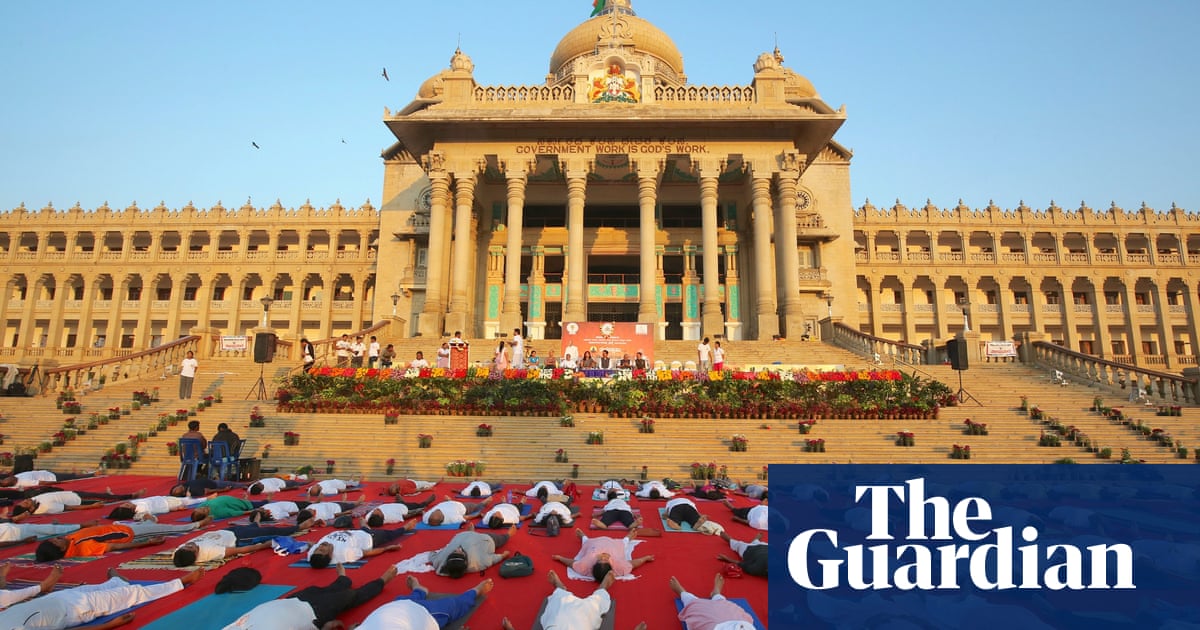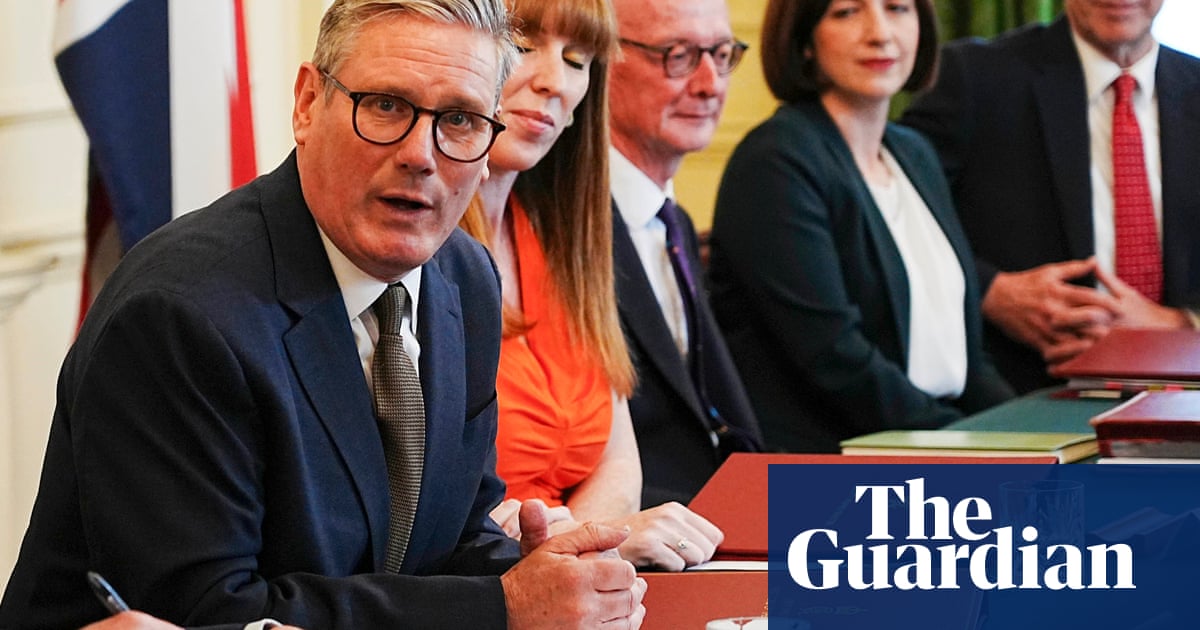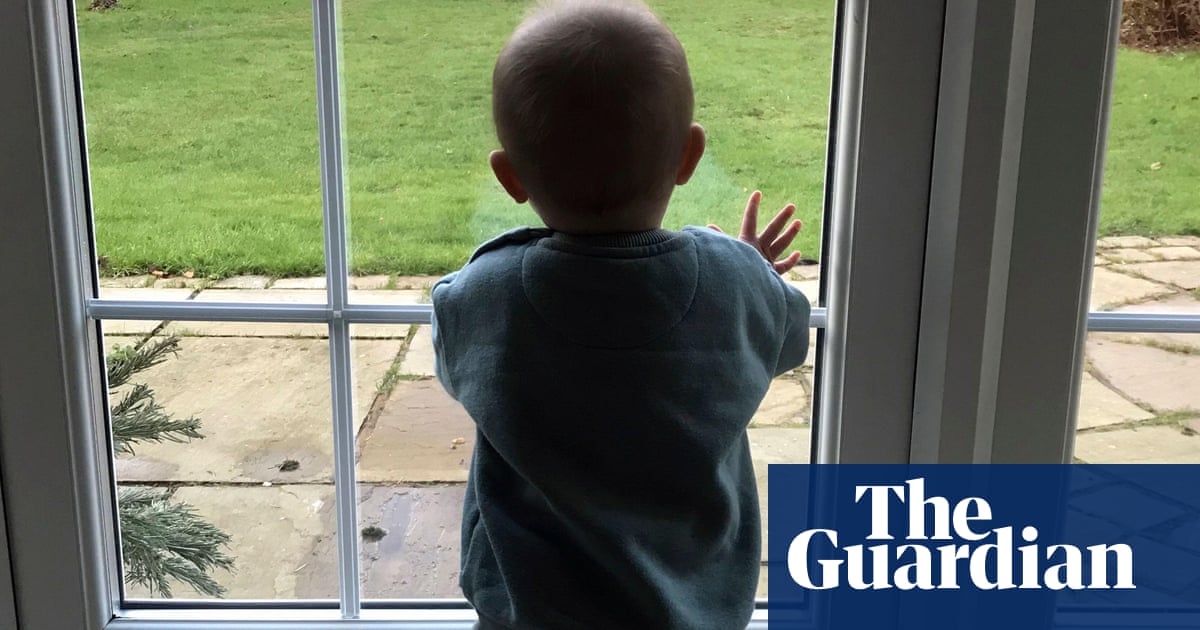Hospitals are bracing for a fresh round of strikes by resident doctors seeking a 29% pay rise, amid warnings that stoppages could lead to hundreds of thousands of appointments and operations being cancelled.
NHS leaders fear that a ballot of resident doctors, formerly junior doctors in England, which closes on Monday will produce a majority backing renewed industrial action.
If so, the health service will face prolonged disruption from tens of thousands of resident doctors once again staging a series of strikes in an attempt to secure a 29% pay rise. Huge numbers of outpatient appointments and procedures were cancelled when junior doctors went on strike for a total of 44 days between March 2023 and July 2024.
Soon after Labour took power last year, Wes Streeting, the health secretary, gave them a 22% pay rise for 2023-24 and 2024-25, which ended their stoppages. But they are threatening to stage six months of strikes, from this month into next winter and up to January 2026, after he awarded them a 5.4% pay rise for this year – the highest in the public sector.
The British Medical Association, which is balloting the 55,000 resident doctors it represents, described that sum as “derisory” and “woefully inadequate”. It says they deserve a pay rise of 29% over the next few years in order to ensure that resident doctors receive “full pay restoration” to make up for a 23% loss in the value of their salaries since 2008.
The result of the ballot is expected on Tuesday. If the BMA members vote to strike again, that will make it hard for the government to cut the backlog for hospital treatment and restore the 18-week waiting-time target by 2029 – its main NHS pledge.
Streeting is acutely concerned about the impact of a yes vote. He has asked resident doctors to shun strikes. “We can’t afford to return to a continuous cycle of standoffs, strikes and cancellations,” he wrote in the Times in May.
Danny Mortimer, the chief executive of NHS Employers, which represents England’s 215 health trusts in annual pay negotiations with NHS staff, said: “The last thing health leaders want is more industrial action, which will likely lead to tens, if not hundreds, of thousands of appointments and operations being cancelled, leaving patients in pain and frustration. A decision to strike after the largest series of pay awards in the public sector would be a troubling development.”
He added: “While we fully understand the genuine grievances resident doctors have over their pay, conditions and training, going on strike will have a huge impact on the NHS and patients.”
Rachel Power, the chief executive of the Patients Association, said she supported the right to strike but hoped to avoid stoppages. “With the 10-year health plan promising to rebuild the NHS and restore public trust, we must ask how this can be achieved amid the risk of continued industrial action. The government and the BMA must find a solution urgently,” she added.
Hospital bosses’ apprehension about the outcome of the ballot was heightened recently when Dr Ross Nieuwoudt, the co-chair of the BMA’s resident doctors committee, said members were “excited” at the prospect of going on strike again.
“In general, and what we’re hearing overall, the vast majority of people are excited to go again. Ultimately, doctors are still very upset and looking for change.”
Nieuwoudt and his co-chair, Dr Melissa Ryan, have urged members to vote yes. “By voting yes they will be telling the government there is no alternative to fixing pay. This cannot wait for different fiscal circumstances and a healthier NHS,” they have said.
Daniel Elkeles, the chief executive of the hospital group NHS Providers, said strikes would result in trusts “dealing with disruption rather than devoting all their time to improving patient care.
“With a government review into training for resident doctors under way, this will help us to get back to resident doctors feeling as valued as much as we value their contribution to the success of the NHS,” he added.
A Department of Health and Social Care spokesperson said: “We want to work constructively with all unions to avoid disrupting services for patients. The secretary of state has always been clear on his priority to avoid strike action and he met with the resident doctors committee on his very first day in government.
“We are on a journey to improve conditions for resident doctors, and they have received a pay rise of 28.9% over the last three years. Our 10-year health plan will also slash bureaucracy across the health service, reducing burdensome administrative tasks and making use of technology so doctors can spend time on what they do best – caring for patients.”

 5 hours ago
5
5 hours ago
5

















































